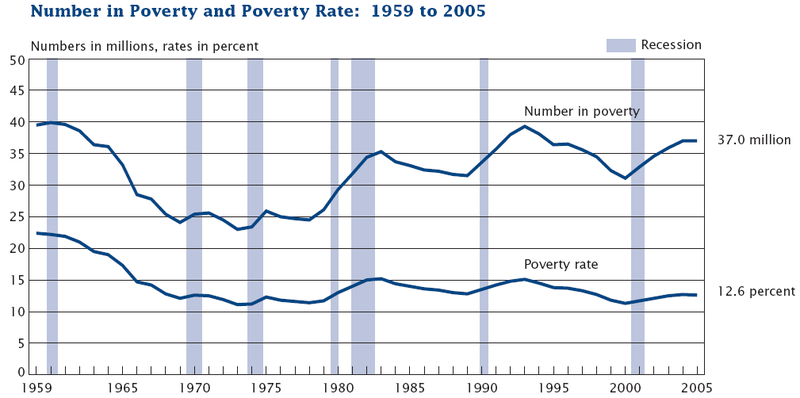NYcarbineer
Diamond Member
Who knows.
I think what FoxFyre is saying is that those programs would be replaced by other means for helping the poor.
Next, the poor today are not the poor ten years from now...people come and go from poverty.
Foxfyre wants the poor's needs to be shifted to charity from the government because he thinks that will lower his taxes. Everything else he says is just rationalization.
In all due respect I do not tell you what you want or what you think. I would appreciate the same courtesy.
You would be competent in the discussion if you referred to my expressed statement that I do not see the federal government as the proper or most effective or most efficient entity to address issues of poverty. I did not nor have I ever said there is no role for the state or local governments to address poverty. So you are dishonest with your statement as you expressed it. Would you care to revise and extend?
You just destroyed the core of your own argument. You claim that poverty programs do more harm than good, make people dependent, haven't won the war on poverty,
but then you say that it's okay if what the federal government does was done by the state or local government.
So which is it? Why would the state or local governments doing more harm than good be any different than the federal government doing it?


